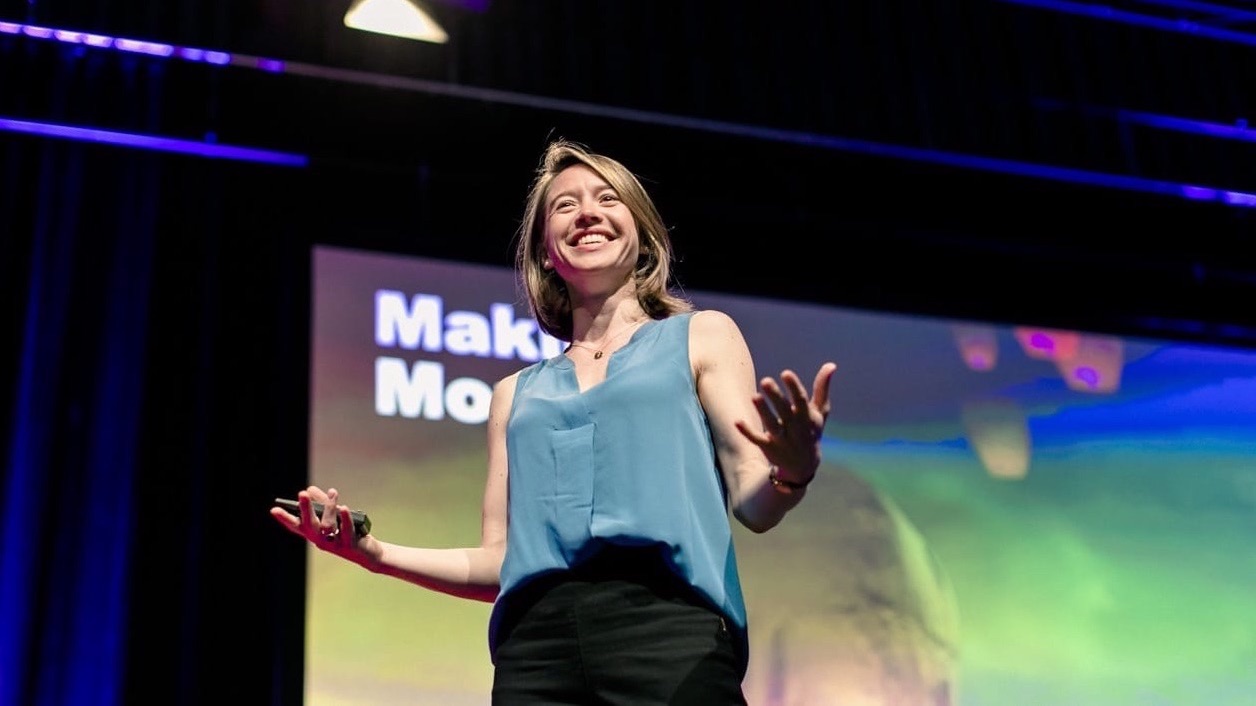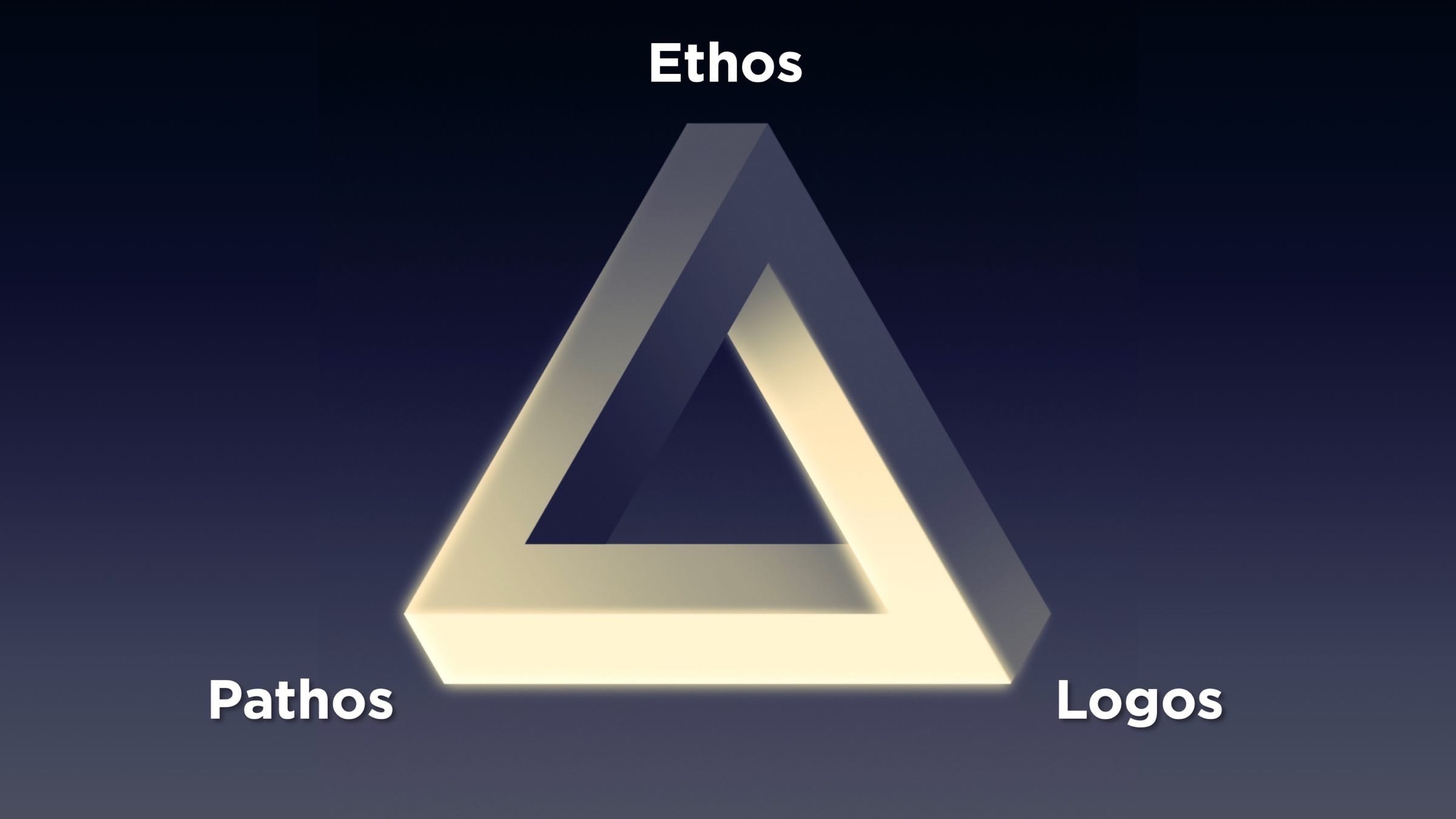Use eye contact to stop moving around on stage
by Pierre Morsa —
Moving with purpose on stage is good. Moving around aimlessly is not. It’s what we call derivative actions, things that we do unconsciously that betray our stress, lack of confidence or lack of preparation. Luckily, it’s very easy to stop parasitic movements, but the solution sounds counterintuitive: use eye contact to “anchor” yourself on the ground. Yes, that’s right. Making eye contact with your audience will stabilise your attention and will prevent your feet from moving you around the stage.







